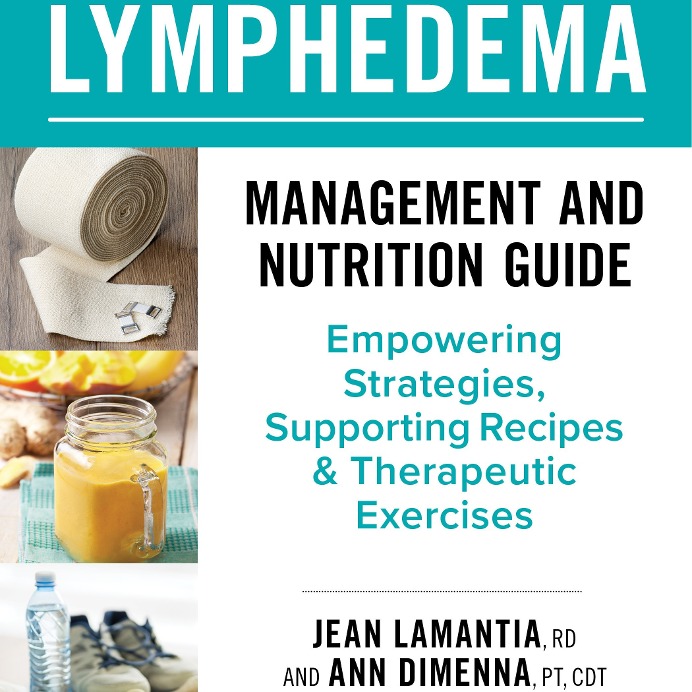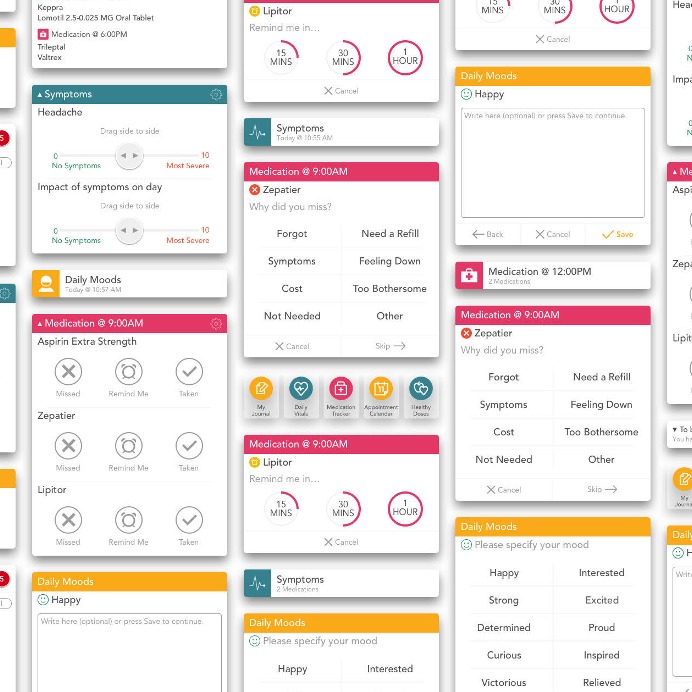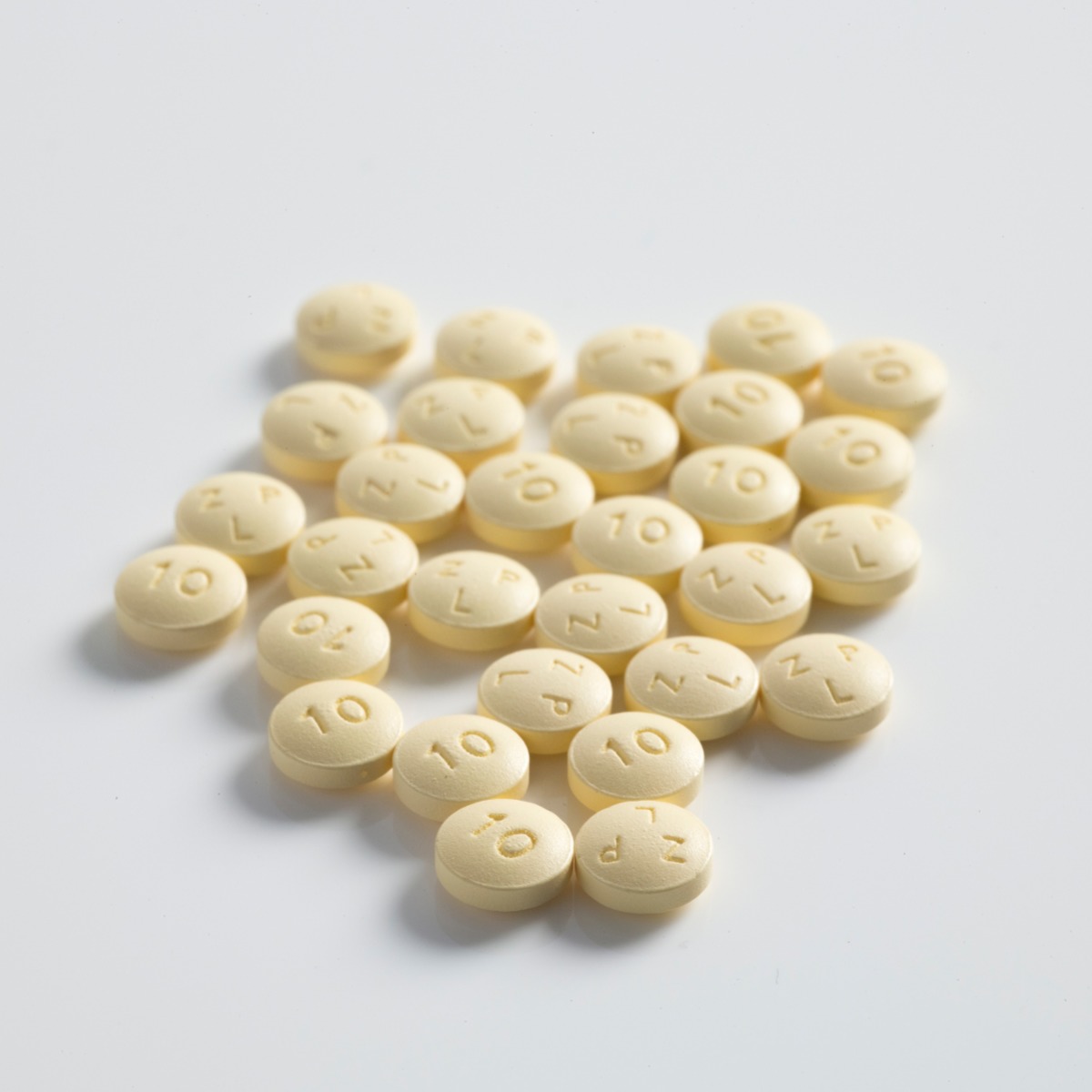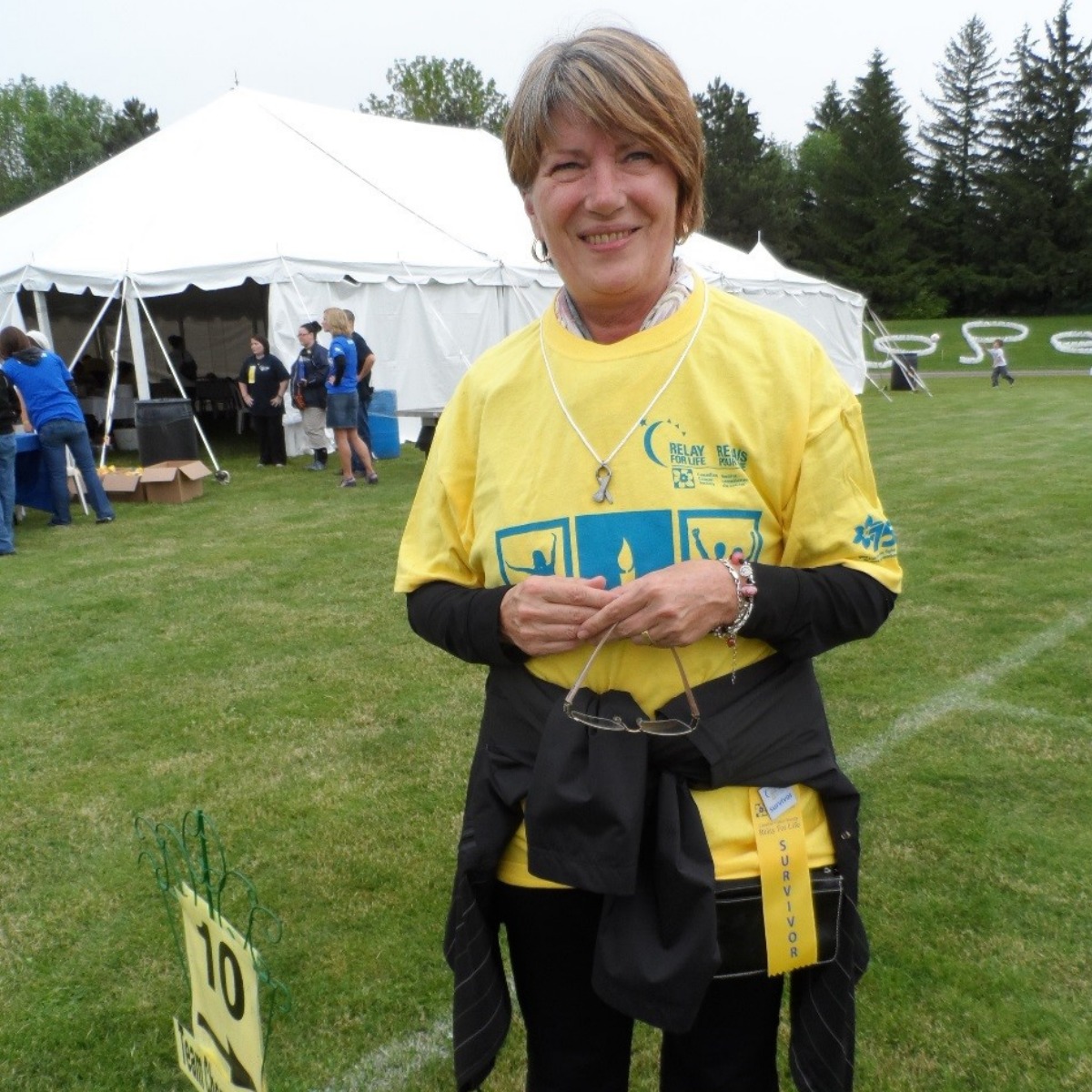By continuing to use our site, you consent to the processing of cookies, user data (location information, type and version of the OS, the type and version of the browser, the type of device and the resolution of its screen, the source of where the user came from, from which site or for what advertisement, language OS and Browser, which pages are opened and to which buttons the user presses, ip-address) for the purpose of site functioning, retargeting and statistical surveys and reviews. If you do not want your data to be processed, please leave the site.
The Voice of People With Breast Cancer
Education
Our Voices Blog
Tag : side effect management
The Use of Cannabis in Cancer Care
In recent years, cannabis has become a potentially valuable tool to help manage symptoms caused by cancer and its treatment. While the plant has been used medicinally for centuries, modern scientific interest has focused on its potential to lessen pain or nausea, and to improve appetite or anxiety—common challenges faced by people living with cancer. Although cannabis is not a cure for the disease, its role in improving quality of life is increasingly being studied by researchers.
Caring for Your Skin Throughout Breast Cancer Treatment
Going through breast cancer treatment can take a toll on your skin, making it more sensitive to issues like dryness, itching, rashes, and hyperpigmentation (where skin patches become darker), to name a few. While skin problems may seem less urgent compared to serious side effects like heart complications or neutropenia, they can still greatly impact your daily life.
Your Surviving-Tamoxifen Checklist. All the Things You Didn’t Know You Needed, But Do
Nothing can prepare you for the onslaught of side effects the tiny little hormone-blocking drug Tamoxifen can create in your body and your life. At least that’s how I feel…now. When my oncologist first handed me the five-year prescription for the 10-mg daily dose along with a pamphlet listing 40-odd side effects, I thought differently. Then, my oncologist explained how Tamoxifen works and what I may experience—including hot flashes, weight gain and irregular periods—in such an airy, breezy way that took, maybe, all of 45 seconds to share I figured, okay, I’ve got this. This’ll be no big deal. If there was anything to worry about my doctor would warn me. Thousands of women pop this pill every single day without complaint, I’ll be fine.
Questions and Experts Session Guide: A Naturopathic Doctor Answers Questions about Complementary Therapies
In today’s post, we provide the questions that were sent in and asked during the live session of our Questions and Experts session held in September 2021. In this session, Dr. Dugald Seely, ND, a Naturopathic Doctor, answered questions about complementary therapies. In the parentheses, you’ll find the timestamp of where to find the question in the on-demand video.
Bringing Awareness and Motivation to Exercise
It is a well-known fact that exercise has been proven to help with cancer-related fatigue, helping to manage the weakness and pain experienced due to treatment and its side effects, as well as de-conditioning. When you’re in pain, tired and feeling ill, it can be challenging to find the motivation to prioritize activity, but several studies show that performing a combination of strength, aerobic and flexibility exercise can help curb the symptoms that hold back our quality of life.
Art and Music Therapy – how they can help you reduce stress and provide emotional support
When people think of therapy the most common therapy session that comes to mind probably includes a person sitting across from or lying down beside a therapist and talking about their feelings. But what if you can never quite find the right words to say to express yourself or talking through what you are feeling doesn’t seem to be helping? The truth is therapy comes in all shapes and sizes. People are looking for and creating new ways to help cope with the stresses in their lives.
My honest thoughts about book The Complete Lymphedema Management and Nutrition Guide
I remember the shock I experienced when I learned about lymphedema, a chronic condition with no cure that I would be dealing with the rest of my life. I was at a high risk for it as I had stage III Inflammatory Breast Cancer and I had all lymph nodes removed from my left arm pit. Twenty-five rounds of radiation to my chest and upper back also put me at a greater risk.
An app that helps you during your treatment and beyond
Self-care during treatment is so important for maintaining not only a good quality of life but your sanity as well. From doctors appointments, to managing the emotional aspects of a breast cancer diagnosis, there’s a lot to juggle. We’re excited to announce our new partnership with Self Care Catalysts and our Health Storylines mobile app.
Biosimilars for Cancer: What’s Coming Down the Pipeline?
Biosimilar therapies have already been in use in Canada for a few years, mostly in the chronic disease and supportive care settings. But soon they will be used for treating cancer as well. There isn’t a lot of information about these new oncology biosimilars and it’s important that breast cancer patients are aware of how their treatment plans may be impacted by these new therapies. We explore some of the emerging biosimilar therapies that will be used to treat cancer patients soon.
Helping you live better with Chemo Induced Neuropathy
Some forms of chemotherapy can affect or cause damage to your nerve endings, most commonly your sensory nerves. Your sensory nerves tell your brain to feel certain sensations such as touch, heat, cold and pain. When these nerves are damaged, you can have difficulty feeling these sensations correctly. It can lead to tingling, burning or numbness in your hands or feet, usually starting with your toes or fingers and gradually moving toward the centre of your body. It can cause debilitating pain, difficulty feeling hot or cold temperatures and can reduce your motor functioning.
Overcoming the lasting side effects of breast cancer
Wendie Hayes of Stoney Creek Mountain, Ontario was diagnosed in 2011 with triple negative metaplastic phyllodes breast cancer at the age of 55 after she discovered a lump in her left breast. Her cancer is a rare type, affecting less than one percent of breast cancer patients, so it took some time to get the right diagnosis.














